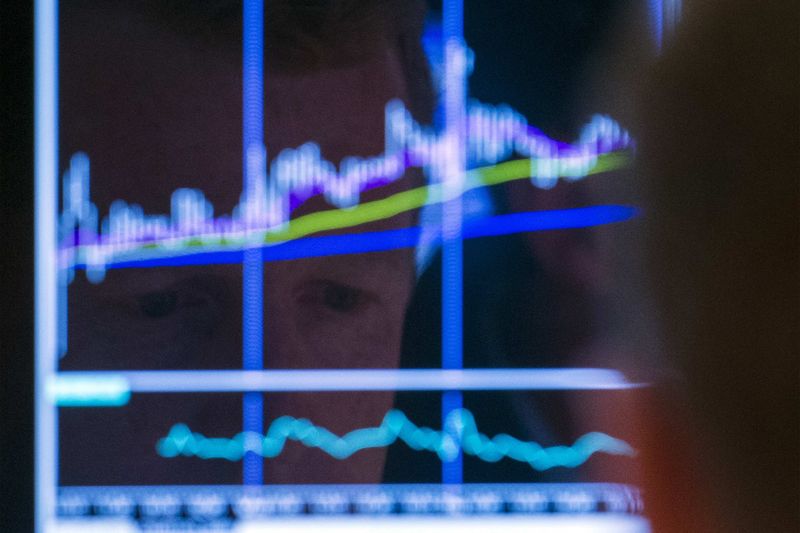Benzinga - by Piero Cingari, Benzinga Staff Writer.
U.S. President Joe Biden and Chinese President Xi Jinping are scheduled to meet Wednesday in the San Francisco Bay Area, following a period of spiraling tensions between the two superpowers over technology, U.S. support for Taiwan and worsening global geopolitical tensions.
As the Wall Street Journal reported Friday, this summit will mark the world leaders’ first in-person discussion since last year.
High-level engagements have been minimal since the pandemic, raising the complexity of the dynamics of Sino-American relations.
At the top of the summit’s agenda are pressing global concerns like the conflict between Israel and Hamas, the situation in North Korea and China’s role during the Russia-Ukraine war.
Another key topic: the fentanyl crisis. The U.S. is seeking China’s assistance in halting the export of chemicals to Mexico that are used in manufacturing fentanyl.
China is grappling with economic downturns and navigating the U.S.’s stringent rules on technology transfers, particularly on semiconductors for artificial intelligence technology.
In October, consumer prices in China dropped more significantly than anticipated, and producer prices experienced a decrease for the 13th consecutive month, indicating widespread deflation in the country.
According to Bank of America’s chief investment strategist Michael Hartnett, China exports to the U.S. have declined 18% from their peak, and China holdings of U.S. Treasuries fell to the lowest level since 2009. These factors are tied to an ongoing “US-China trade war.”
Certain members of Congress who are advocating for a tougher stance on China have criticized the Biden administration’s diplomatic efforts to reevaluate ties with the world’s second-largest economy.
Rep. Mike Gallagher (R-WI) along with 12 other Republican members of a specialized House committee on China, have accused Biden of avoiding punitive actions against Beijing in favor of what they describe as ineffective diplomacy. They urged Biden to confront Beijing on several issues, including the release of American citizens detained in China and the cessation of China’s aggressive actions toward the U.S. and allied military vessels and aircraft.
Market Reactions
On Friday, Chinese stocks experienced a downturn, with the iShares China Large-Cap ETF (NYSE:FXI) falling by 0.8%. This decline is part of a broader trend, as this key gauge of blue-chip Chinese equities has seen a 12% drop since the start of the year.The Chinese yuan also weakened marginally by 0.2%, contributing to a total 6% decrease year-to-date.
China-related stocks trading on Wall Street uniformly trended downward.
Electric vehicle manufacturers Li Auto Inc. (NASDAQ:LI) and NIO Inc. (NASDAQ:NIO) saw declines of 2.1% and 1.2%, respectively.
Major technology corporations also fell, with Baidu Inc. (NASDAQ:BIDU) and Tencent Music Entertainment Group (NYSE:TME) down 1% and 3.8%, respectively.
Prominent retailers such as Alibaba Group Holdings Ltd. (NYSE:BABA), PDD Holdings Inc. (NASDAQ:PDD), and JD.com, Inc. (NASDAQ:JD) also faced declines, with drops of 1%, 0.4%, and 1.1%, respectively.
Read now: Asia And Europea Markets In Red, Crude Trades Above $75, Gold Trading Near $1,950 – Global Markets Today While US Was Sleeping
Image created using artificial intelligence on MidJourney.
© 2023 Benzinga.com. Benzinga does not provide investment advice. All rights reserved.
